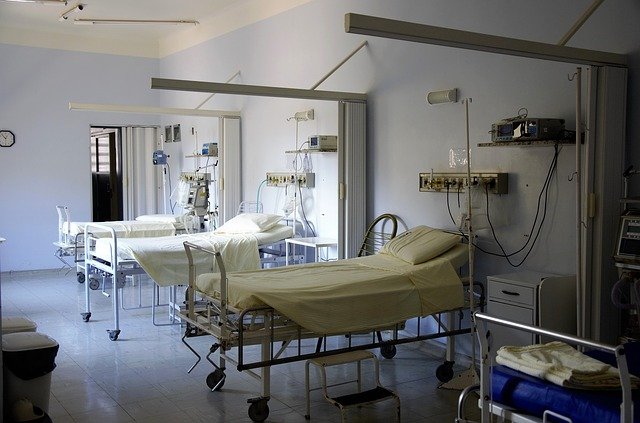COVID-19 admissions in the Western Cape have pushed up by 409%. Earlier this week, on Thursday, December 10, Minister of Health Zweli Mkhize also noted the province as one of the key drivers in the country’s second wave. Other provinces that are accounting for the highest numbers include the Eastern Cape, KwaZulu-Natal and Gauteng.
Speaking at a digital press conference hosted on Thursday, The Western Cape’s Head of Health Dr Keith Cloete said that there has been an average increase of 53.4% in new cases. The majority of these cases are no longer originating from the Garden Route, but instead from the Cape Metro.
“Over the month of November, COVID-19 admissions have increased by 409% and continue to increase as we continue with the resurgence,” Cloete said. “In the same context, trauma admissions have increased with each relaxation of alcohol regulations. The relaxation of retail sales and extension of night time curfew, in particular, saw a 36.2% increase in trauma admissions.”
A total of 204 health workers have also been diagnosed with COVID-19 in the past seven days.
Speaking to IOL, the provincial Department of Health spokesperson Mark van der Heerver said that metro hospitals operate at 81% with 861 open beds, while rural hospitals operate at 84% with 415 available beds.
“The most important tool available to us continues to be individual behaviour. Please drink responsibly this festive season. If you get into a car accident over this time, there might not be a bed for you because of the number of people in our hospitals right now,” Premier Alan Winde said in relation to the rising number of trauma cases as a result of alcohol consumption. “So please look after yourselves and your loved ones and stay safe.”
Speaking at the 2020 Postgraduate Research and Innovation Symposium in Durban, epidemiologist and infectious disease specialist Dr Salim Adbool Karrim said the second wave of COVID-19 has been worse than the first wave for half of the countries that have experienced a resurgence of the virus.
“You only need to look at Europe to know that things are bad. The second surge when it comes upon you is really devastating and we’re seeing it country after country,” he said. “In Belgium, the second epidemic just hit them. They ran out of beds.”
South Africa had predicted that there would be a gap of 66 days between the end of the first wave and the start of the second.
“We were lucky because that time frame was quite substantially longer. We were well over 100 days before we started our second surge,” he said.
According to Karrim, it may take up to three years to vaccinate 58-million South Africans.
“We need to vaccinate close to 40 million people to get to herd immunity. It’s going to take a long time to get to 40 million.”
Picture: Pixabay

